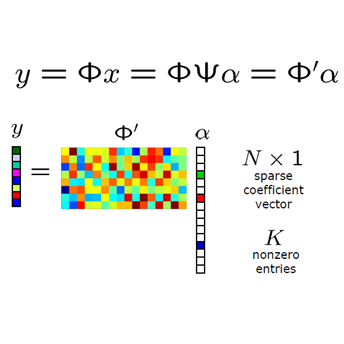This paper investigates robust recovery of an undamped or damped spectrally sparse signal from its partially revealed noisy entries within the framework of spectral compressed sensing. Nonconvex optimization approaches such as projected gradient descent (PGD) based on low-rank Hankel matrix completion model have recently been proposed for this problem. However, the analysis of PGD relies heavily on the operation of projection onto feasible set involving two tuning parameters, and the theoretical guarantee in noisy case is still missing. In this paper, we propose a vanilla gradient descent (VGD) algorithm without projection based on low-rank Hankel noisy matrix completion, and prove that VGD can achieve the sample complexity $O(K^2\log^2 N)$, where $K$ is the number of the complex exponential functions and $N$ is the signal dimensions, to ensure robust recovery from noisy observations when noise parameter satisfies some mild conditions. Moreover, we show the possible performance loss of PGD, suffering from the inevitable estimation of the above two unknown parameters of feasible set. Numerical simulations are provided to corroborate our analysis and show more stable performance obtained by VGD than PGD when dealing with damped spectrally sparse signal.
翻译:本文调查了在光谱压缩感测框架内,从部分暴露出的噪音条目中强有力地恢复未加印的或屏蔽的光谱稀释信号。最近为这一问题提出了基于低级汉克尔矩阵完成模型的非电流优化方法,如基于低级汉克尔矩阵完成模型的预测梯度下降(PGD),然而,对PGD的分析严重依赖投影到涉及两个调试参数的可行数据集的操作,而噪音参数仍然缺乏对噪音案例的理论保障。在本文中,我们提议一种香草梯度下降(VGD)算法,而没有基于低级汉克尔噪音矩阵完成的预测进行预测,并证明VGD能够达到样本复杂性$O(K2\log2N),其中$是复杂的指数函数数量,而$N$是信号层面,以确保在噪音参数满足某些温和条件时,从噪音观测中得到有力的恢复。此外,我们显示了PGDD可能因不可避免的估计上述两个未知的可行参数而丧失的性能。提供了数字模拟,以证实我们的分析,并显示VGDGD在与深光谱信号处理时比PGD取得比PGD取得的更稳定的性表现。



